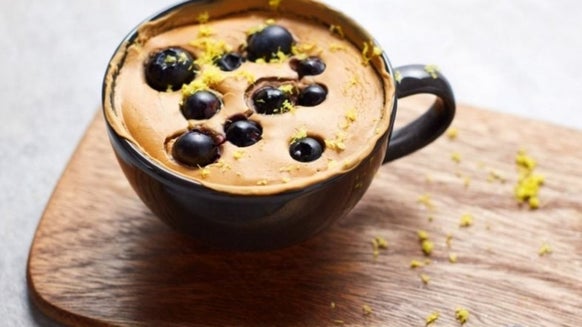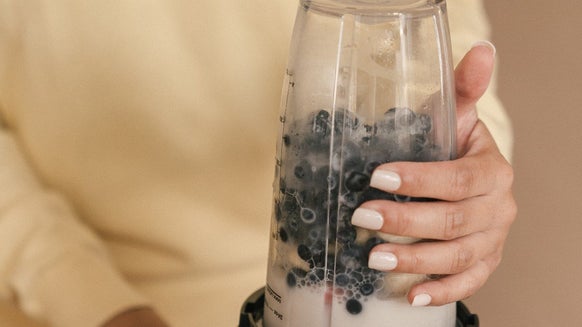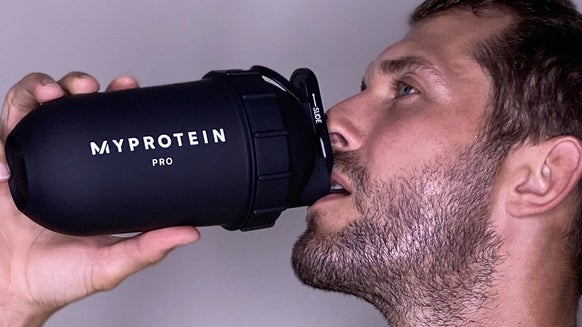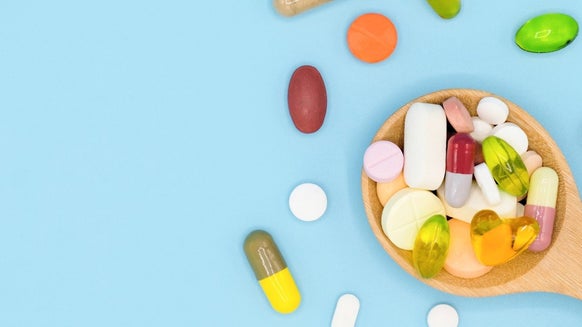8 Best Supplements For Women

While most of us can get the nutrients we need from a healthy diet, there are times when we need a little extra support in the form of supplements to meet our needs. Women in particular have different micronutrient needs during different phases of our lives. Read on to learn which eight supplements can help best support women’s health.

Eight Best Supplements for Women
1. Calcium
Most women know that we need calcium to keep our bones and teeth strong, but women in particular are at risk of bone loss (osteoporosis) as we age. Calcium supplements have been shown to help prevent bone loss.1 Calcium also supports metabolism, muscle contraction, heartbeat, and nerve transmission.2
2. Vitamin D
Vitamin D is also crucial for bone health and calcium absorption. Vitamin D also supports a healthy immune system.3 Supplementing with Vitamin D is helpful for many, as most of our Vitamin D is made from sunlight on our skin, which is often inadequate for those who spend most of the day inside or live in a climate with infrequent sun.3
3. Folic Acid
Folic acid is a key nutrient for women who may become pregnant and is recommended during pregnancy to help prevent neural tube defects.4 Folic acid, a water-soluble form of a B vitamin, also helps create new healthy cells and prevents anaemia.
4. Iron
Iron is necessary for transport of oxygen in the blood, and a lack of iron can lead to iron deficiency anemia.5 Optimal levels of oxygen are key for performance in the gym and brain function. Vegans and vegetarians don’t often get adequate iron in their diets, and pregnant women often need more as their blood supply increases.
5. B Vitamins
B Vitamins support so many functions in the body, including metabolism and energy production. They are water soluble, which means they need to be replenished each day. B12 is a common deficiency that can lead to low energy levels and per performance.6
6. Fish Oil
Fish oil is a popular daily supplement to meet the need of Omega-3 fatty acids. These healthy fats are important for heart and brain health but we must get them from our diet as our body can’t produce them on its own.7
7. Collagen
Collagen is a popular supplement for supporting connective tissue and joint health, but also can help keep skin, hair, and nails healthy. Research supports collagen supplementation for reducing signs of skin aging.8
8. Probiotics
Probiotics help to support healthy digestion, but also support a balance of healthy bacteria in the gut, which can affect many other body systems and support immunity. They may also help to prevent urinary tract infections.9
Take home message

Claire is a Registered Dietitian through the Academy of Nutrition and Dietetics and a board-certified Health and Wellness Coach through the International Consortium for Health and Wellness Coaching. She has a Bachelor of Science in Biology and a Master’s degree in Clinical Dietetics and Nutrition from the University of Pittsburgh.
Talking and writing about food and fitness is at the heart of Claire’s ethos as she loves to use her experience to help others meet their health and wellness goals.
Claire is also a certified indoor cycling instructor and loves the mental and physical boost she gets from regular runs and yoga classes. When she’s not keeping fit herself, she’s cheering on her hometown’s sports teams in Pittsburgh, or cooking for her family in the kitchen.
Find out more about Claire’s experience here.









